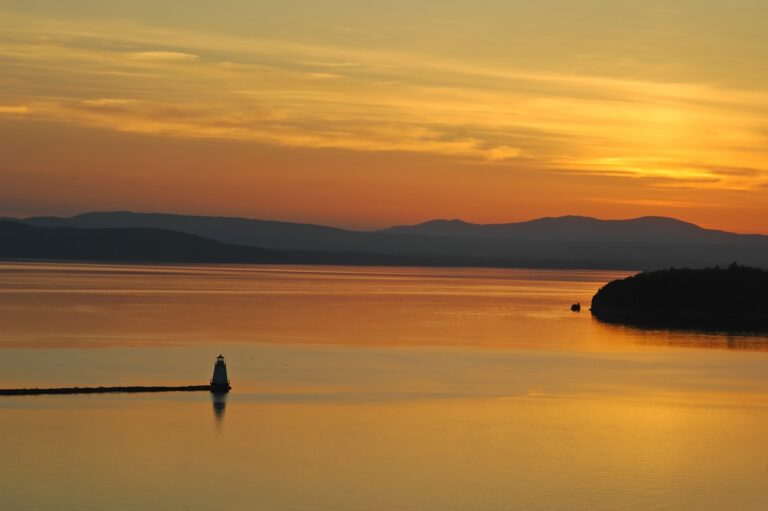EPA Restores Authority to States, Territories, and Tribes under CWA 401 Final Rule
By: Waterkeeper Alliance

Today, the Environmental Protection Agency (EPA) released its final 2023 Clean Water Act (CWA) Section 401 Water Quality Certification Improvement Rule, which restores the fundamental right of states, territories, and Tribes to protect local water resources and support sustainable economic growth through informed and focused water quality reviews of infrastructure and development projects in impacted communities.
An essential component of the Clean Water Act, Section 401 gives states and Tribes broad water quality certification authority to protect water quality from massive projects within their borders — such as pipelines, dams, and power plants — that can harm the waters that communities depend on for drinking, fishing, and swimming.
Despite the fact that Section 401 of the Clean Water Act functioned as Congress intended for nearly 50 years, the previous administration drastically weakened it in 2020. This unlawful rollback stripped state, tribal, and local governments and communities of their authority to safeguard their waters against pollution from federally authorized projects.
Overall, Waterkeeper Alliance views the final rule as a vast improvement over the Trump administration-era rule. Although EPA did not adopt all of the organization’s recommendations in its comments that were submitted last year, Waterkeeper Alliance is generally pleased with this outcome and will continue to advocate for regulations and policies that hold polluters accountable and prevent industries from dumping their waste into our essential water resources.
In response to EPA’s issuance of the new rule today, Daniel E. Estrin, General Counsel and Legal Director for Waterkeeper Alliance, released the following statement:
“We’re relieved that EPA has replaced the horrid Trump era power grab and giveaway of our water resources to the fossil fuel industry and other polluters with a much stronger Section 401 rule that will allow states, Tribes, and the public to restore water quality and protect communities and wildlife from pollution. While it could and should have been even stronger, the new final rule will return much needed authority to states and Tribes as Congress intended when it passed the Clean Water Act over 50 years ago.”